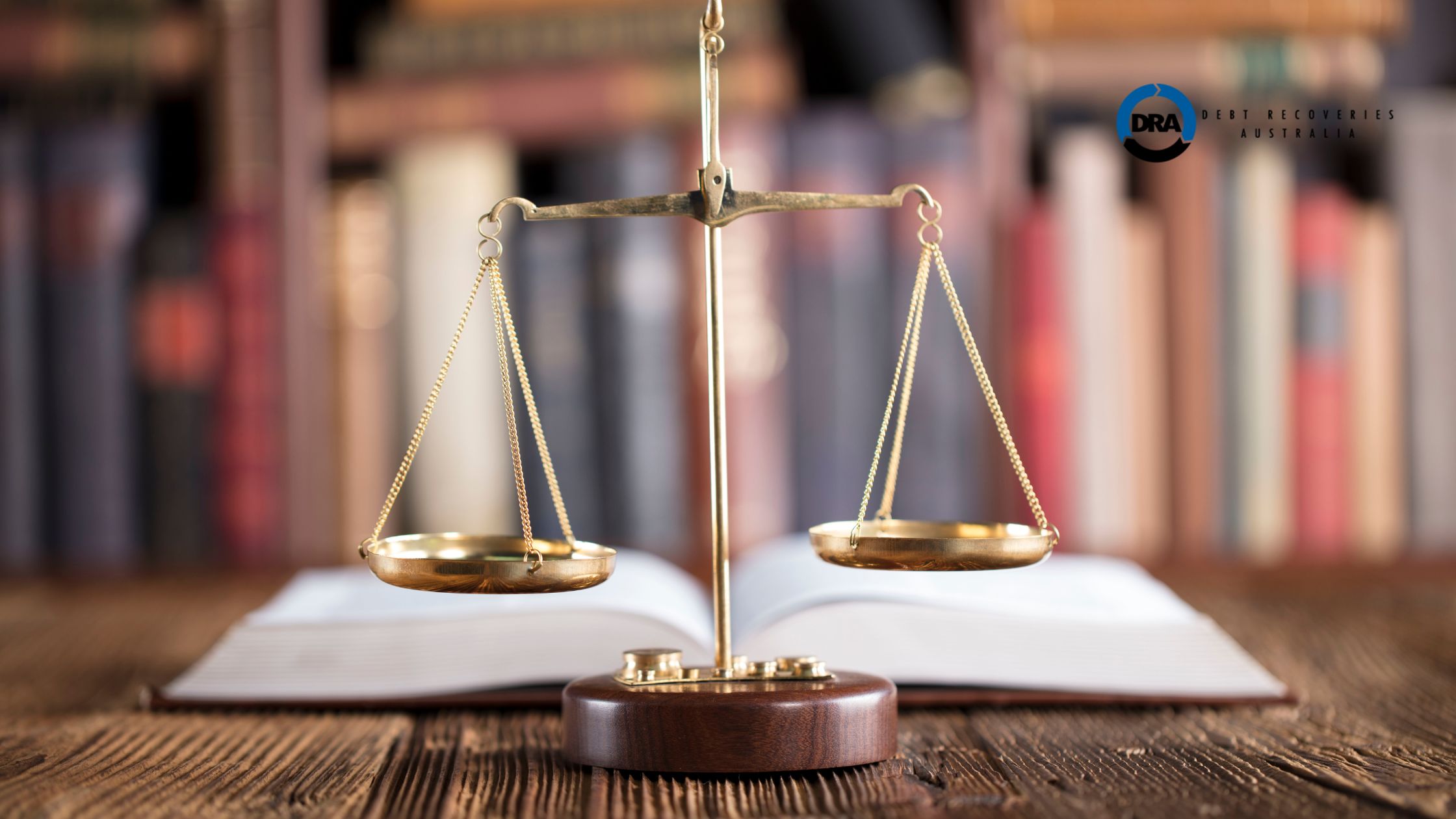DEBT COLLECTION: HOW DO YOU DECIDE WHEN TO ISSUE LEGAL PROCEEDINGS?
Taking debt collection action quickly is important to increase the chance of recovering payment. The longer the process of chasing letters, emails, and calls is repeated, the less likely it is to recover the debt. If the debtor has been unable to pay, they may also owe money to others, who will also be attempting recovery action. Therefore, it is vital to act promptly to be the first in line to recover the payment.
When setting payment terms, if the customer has not paid by the due date, the late payment becomes debt. It is crucial to take immediate action by first attempting to negotiate with the debtor and keeping a record of all communication. A reasonable offer to settle the debt should be made, and all actions should be documented. If negotiation attempts fail, there are criteria that should be considered when deciding whether to issue proceedings.
The first criterion is proof, which involves determining whether there is documentation or witnesses that can back up the claim that the debtor owes money. If there is a dispute over the debt, legal action may not be advisable due to the risk of the court agreeing with the debtor’s version.
The second criterion is time, which involves considering the amount of time it will take to enforce the judgment and whether the debt can be paid in full or in instalments.
The third criterion is costs, which involves factoring in the cost of legal action compared to commission-based debt collection services. Recoverable costs from the opposing party should also be considered.
The fourth criterion is return on investment (ROI), which involves looking at the ROI of legal action before deciding. The actual debt amount, solicitor’s fees, chances of successful collection, and court costs should be considered to determine if the ROI is large enough to pursue legal action.
The final reason is the relationship, which involves considering if the relationship with the debtor should be preserved. If the debtor is a long-standing customer and a significant portion of the income, finding another way to negotiate payment may be advisable to avoid losing the customer.
The repercussions of legal action, such as negative publicity, should also be considered. Sending a letter from a solicitor may prompt the debtor to take action, especially if they are threatened with court proceedings. Using a debt collection agency that provides free legal letters of demand as part of their service may also be considered.
In summary, taking prompt debt collection action is essential to increase the chances of recovering payment. Several criteria, including proof, time, costs, ROI, and the relationship, should be considered before deciding whether to pursue legal action. Using a solicitor or a debt collection agency may be helpful in recovering the debt.
Do you want to learn more about how Debt Recoveries Australia can assist you with your invoicing and debt collection issues? Please contact us at email@debtrecoveries.com.au or 1300 799 511. You can also contact us via Skype at d
 Debt Recoveries Australia
Debt Recoveries Australia